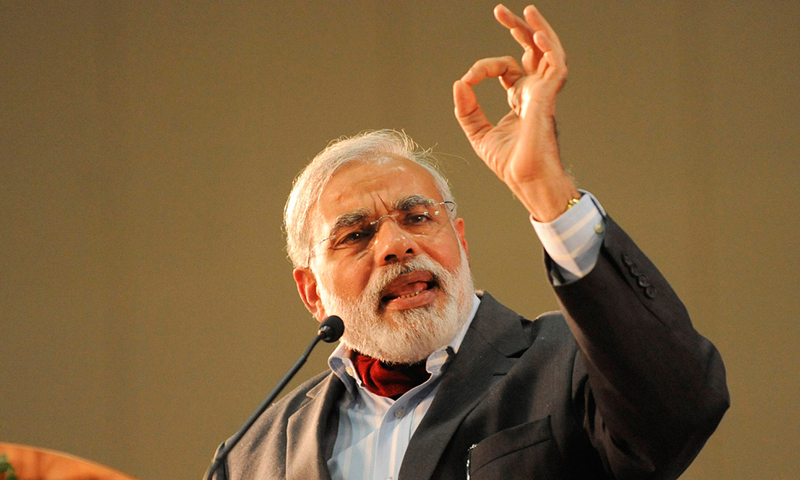
Online Desk: In a recent address delivered in Colombia, Indian Member of Parliament Shashi Tharoor made a forceful statement regarding the April 22 terrorist attack in Pahalgam: “India is determined to defend itself, its sovereignty and its people from the depredations of terrorists and the terrorist attacks that took place in our country on the 22nd of April required a response because we couldn’t allow killers to come and kill innocent tourists with impunity.
Let there be no doubt: Pakistan, like all peace-loving nations that have suffered at the hands of terrorism, remains firmly committed to protecting its people, sovereignty and territory from all forms of extremist violence. That is why the terror attack in Pahalgam rightly drew widespread and unequivocal condemnation from the international community.
Pakistan, along with the United Nations and many others, expressed deep sorrow and condemned the incident in the strongest possible terms. Such barbarity must have no place in any civilized society. However, what remains troubling—and increasingly difficult to ignore—is India’s steadfast reluctance to allow an impartial investigation into the April 22 attack.
Despite calls from numerous quarters, including Pakistan and international human rights bodies, India continues to resist the idea of an independent probe. This refusal has not gone unnoticed. In the absence of transparency, speculation thrives. Questions are now being raised across media, civil society and diplomatic circles: Could the Pahalgam tragedy have been a “false flag operation”—an incident orchestrated not by external enemies, but by domestic political actors seeking to serve specific political objectives?
To be clear, such a possibility is not asserted here as fact. But the very fact that it is gaining traction—and is being seriously debated in various forums—should concern any nation that claims a commitment to democratic norms and rule of law. India’s silence is not helping its cause. Rather than defuse speculation, its refusal to allow an independent investigation only amplifies doubt and undermines credibility.
If there is indeed nothing to hide, then what harm could there be in letting an impartial fact-finding mission uncover the truth? Calls for accountability must not be viewed as acts of hostility—they are part and parcel of the global norms India itself claims to uphold. After all, transparency is the foundation of trust, especially in matters as grave as terrorism. To resist an inquiry is to raise more questions than answers.
A transparent investigation would serve multiple purposes. It would honour the victims by seeking truth and justice. It would restore public and international confidence in the integrity of India’s response. Most importantly, it would set a precedent that no democratic nation should fear external scrutiny if it truly stands on the side of justice.
It is considered pertinent to emphasize that Pakistan has nothing to fear from such transparency. Pakistan has consistently condemned terrorism in all its forms and manifestations and unequivocally denounces acts of terror and the killing of innocents anywhere in the world. Pakistan remains open to any process that promotes regional peace and accountability. Should India agree to an impartial investigation into the Pahalgam terror attack and if the findings indicate cross-border involvement, Pakistan would fully expect those responsible to be held accountable—just as any responsible nation would.
However, if the evidence points to internal political manipulation—a possibility that many observers now consider increasingly likely—then that, too, must be brought to light. Ultimately, the demand is very straightforward and just: Let truth prevail. For the sake of the victims, regional stability and moral integrity, India must allow an impartial and independent investigation into the April 22 Pahalgam terror attack.





